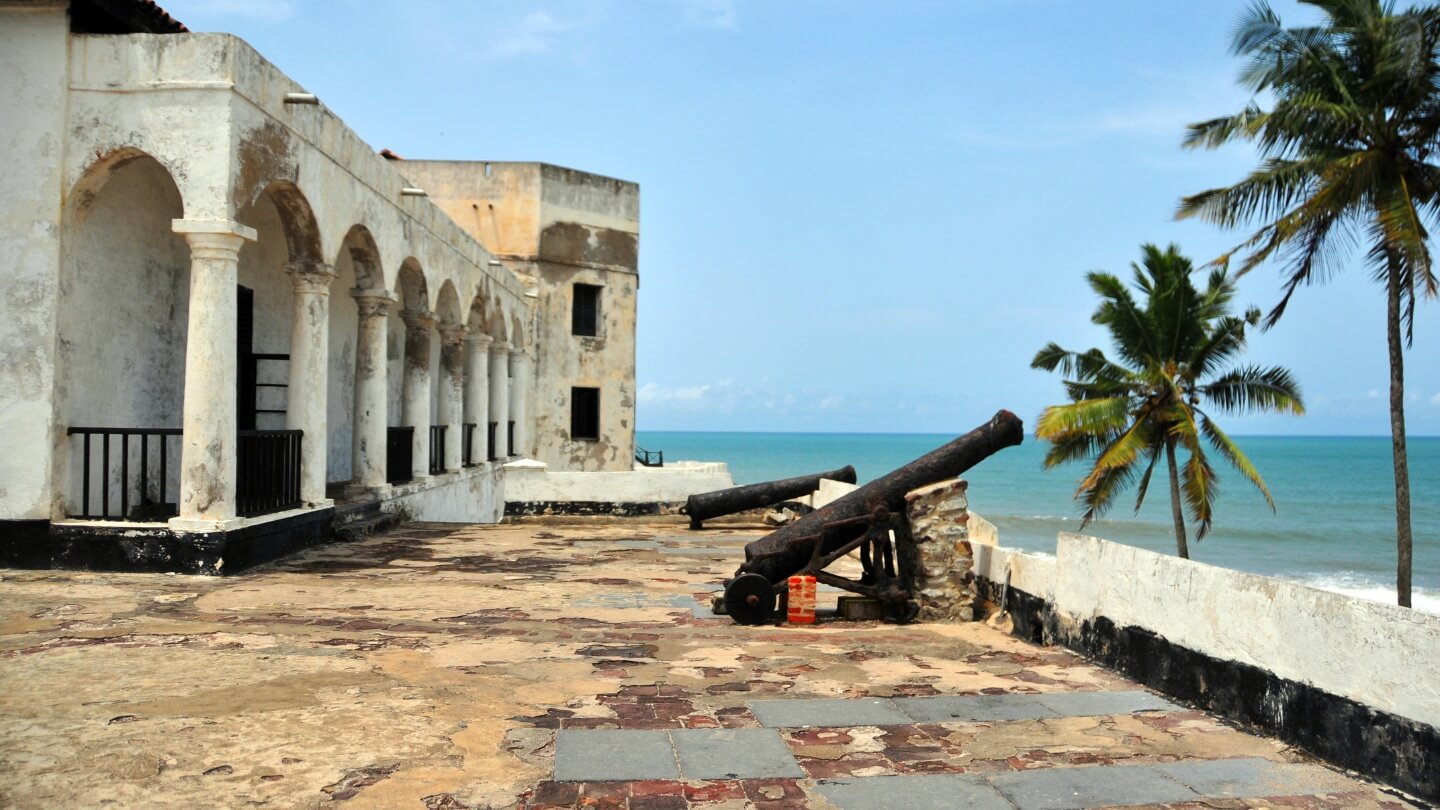Ghana, a country located along the Gulf of Guinea and the Atlantic Ocean in West Africa, has been making strides towards digitalization. It has seen considerable growth in its digital sector, which has brought about a corresponding increase in issues related to digital rights, free speech, online censorship, privacy, and government surveillance.
When it comes to freedom of expression and censorship, Ghana has a relatively strong record compared to other African nations. Ghana’s constitution guarantees freedom of speech, and this extends to digital platforms. However, the spreading of false information, especially during election periods, is a concern, leading to proposals for stricter misinformation laws. There have been few recorded instances of the government taking direct action against an individual or website for their online speech. Nonetheless, potential misinformation legislation raises questions about possible future constraints on online freedom of speech.
Peer-to-peer file sharing and torrenting are not widespread in Ghana. This is partly due to the relatively low internet penetration and speed, and partly because of legal regulations. The country’s copyright law does not specifically address P2P file sharing or torrenting, but these activities could potentially fall under general copyright infringement. Access to popular streaming platforms is available, but the cost and internet speed can be prohibitive for many. As far as it is known, the government does not systematically block torrent websites.
As for government surveillance and data retention laws, there is no concrete evidence of Ghana engaging in widespread surveillance of its citizens. Neither is it a part of international surveillance alliances like the ‘Nine Eyes’ or ‘Fourteen Eyes’. However, the Data Protection Act of 2012 requires data controllers, which would include ISPs, to hold personal data for no longer than necessary, implying some level of data retention.
When it comes to privacy protections, Ghana has been proactive. The Data Protection Act of 2012 provides a framework for the protection of personal data. The law governs the process personal data may be obtained, held, used, or disclosed. Furthermore, the National Cyber Security Centre (NCSC) of Ghana works to improve cybersecurity and protect digital services, and this includes raising awareness about privacy and security matters among citizens.
The use of Virtual Private Networks (VPNs) and encryption tools in Ghana has increased over time, especially among those aware of digital rights. These tools are essential for preserving privacy, securing communications, and bypassing any potential internet restrictions. Yet, the accessibility and awareness of these tools among the general public is a point of concern.
In conclusion, Ghana presents a dynamic picture of the struggle between digital progress and digital rights. While the country boasts relative freedom of expression and has established laws to protect personal data, issues around misinformation, access to technology, and awareness of digital rights still persist. It’s worth noting that Ghana could look to neighboring countries like Senegal, which is working towards building a comprehensive framework for digital rights and data protection, or South Africa, which has a robust legal framework for data protection and digital rights. Such comparative learning could assist in shaping Ghana’s path towards a more secure and free digital landscape.
See also:

Leave a Reply